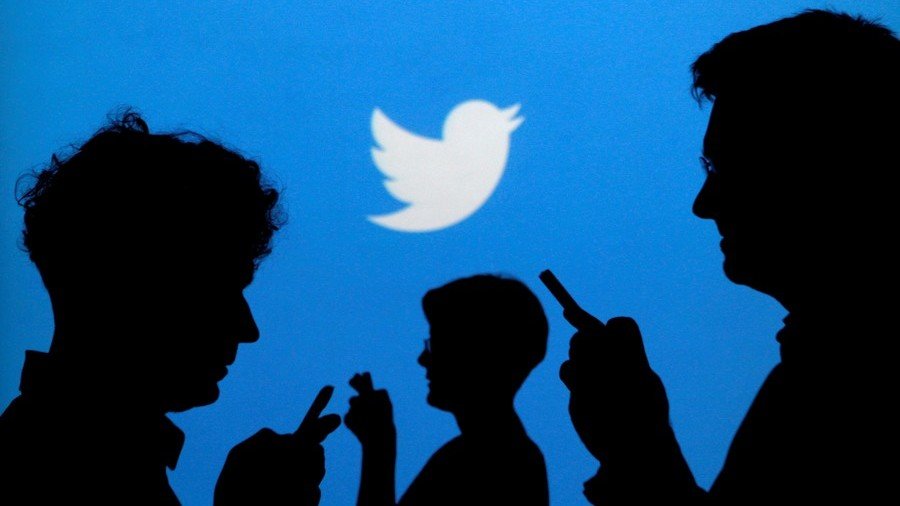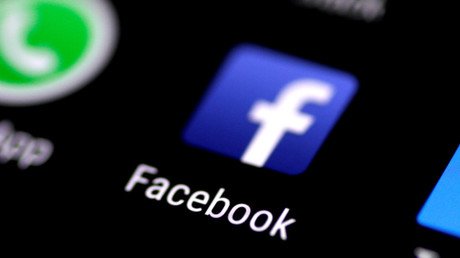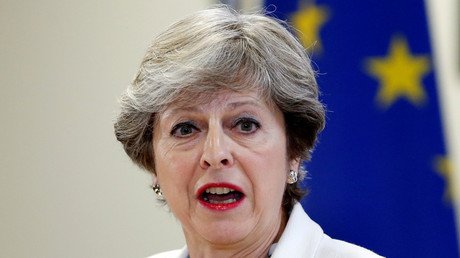Are Twitter & Facebook getting too involved in British democracy?

Twitter has bragged about how it helped Labour win the social media war ahead of June’s general election. The news comes just a day after Facebook claimed it triggered a “landslide” for the Scottish National Party (SNP) in 2015.
Twitter says Labour used its “First View” service to “get out the vote on polling day,” saying that the First View service gave Labour “exclusive ownership of Twitter’s most valuable advertising real estate for a 24-hour period.”
The election nearly resulted in Jeremy Corbyn becoming prime minister against all Establishment expectations.
Twitter has denied claims of political partiality, insisting its service is a commercial product available to all political parties. A spokesperson told the Express: “First View is a paid-for advertising product that means when users first visit the Twitter app or log in to twitter.com, the top advertising slot in their timeline will be from that advertiser’s brand.
“This is a commercial product available all year round and is used regularly by a range of advertisers, and during elections we often see our paid-for advertising products used by political parties to reach a wide audience of voters.”
Labour’s successful exploitation of Twitter will further draw unflattering comparisons with the Conservatives’ lacklustre social media presence ahead of polling day. In June the Tories were criticized for running an ineffective social media campaign which did not energize its traditional base.
The revelation comes after Facebook told of how it helped the SNP in 2015. In a “success-story” posted on its website, Facebook boasts that by boosting the SNP’s content online, it achieved “overwhelming victory” at the polls. The platform said it was able to “harness the momentum” of the Scottish independence referendum campaign and use the platform as a “key tool” to connect with voters.
Facebook said, according to the Sun: “The SNP succeeded in turning the referendum defeat and the uncertainty of leadership change into a landslide victory.”
The company said that 1.24 million people in Scotland, more than 40 percent of those active on Facebook, had seen SNP campaign adverts on the social network, with 416,000 reached on election day. The party used targeting to “speak directly to specific demographics, such as pensioners and women, on the subjects that mattered most to them.” It added: “Campaigners across the political spectrum now recognize that using Facebook, and Facebook ads in particular, made a demonstrable difference to the final election result.”
The SNP boosted its number of MPs from just eight in 2010 to 56 in 2015, with help from social media. But the party lost a third of their seats in last June’s election following a Labour revival and an unexpected Tory surge north of the border.
Social media firms like Facebook have dedicated teams to help political parties and campaigns reach wider audiences, but insist they do so in a neutral fashion. But Elizabeth Linder, a senior figure in the Facebook team until 2016, has criticized the platform’s proximity to the democratic process. “It’s not Facebook’s job, in my opinion, to be so close to any election campaign,” she said.
Mark Crispin Miller, a media and culture professor at New York University, told Bloomberg: “They’re too cozy with power.”















